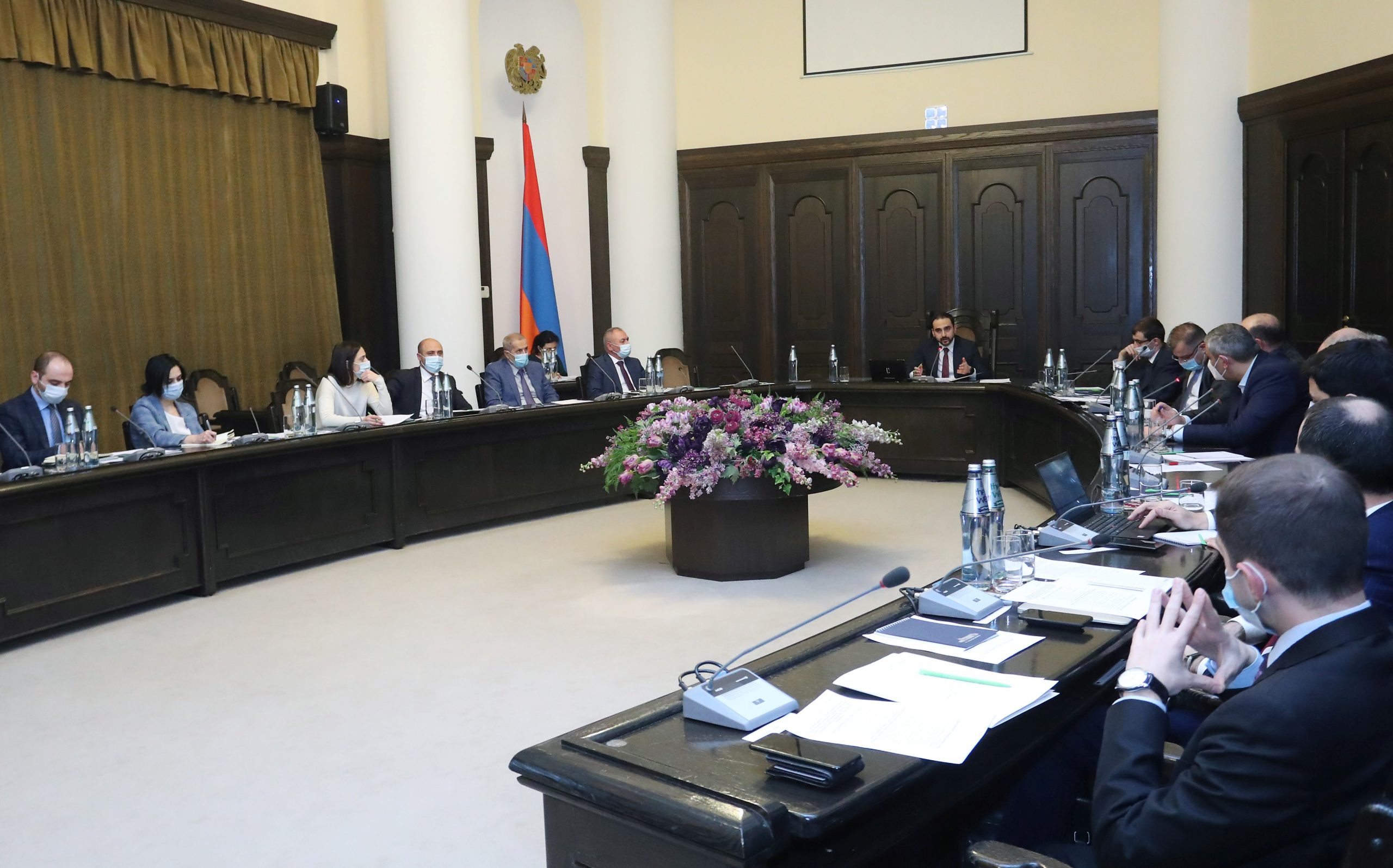On 10 December, Deputy Prime Minister Tigran Avinyan chaired a sitting of the interdepartmental commission on captives, hostages and missing persons. In his speech, the Deputy Prime Minister noted.
“Today we will discuss in detail issues related to the process of negotiations on the exchange of prisoners, the work being carried out to find the missing persons and the identification of the bodies of the victims. I think there is no need to emphasize once again that these issues are primary on the government’s agenda that the involved agencies must act as quickly and flexibly as possible.
You know that we have certain developments in the process of exchanging prisoners. Last night (9 December), three Armenian civilian prisoners were transferred from Azerbaijan to Armenia through the mediation of the peacekeepers of the Russian Federation.
At present, both the Armenian and Azerbaijani sides have submitted the lists of prisoners to the International Committee of the Red Cross. The list verification process is currently underway. In the process of exchanging prisoners, as we have stated, we have proposed to apply the principle of “all for all”, as well as to create a mechanism according to which in case of finding new prisoners, each of the parties undertakes to return them without preconditions. I should mention that everything possible is being done to accelerate the exchange process as much as possible.
Today, we will discuss the necessary legislative changes, to some extent we will address the issues related to increasing the efficiency of search operations, DNA research, providing psychological support and hotline work.”
Ways to accelerate the identification process through DNA analysis of the bodies of the victims were discussed during the meeting. The Ministry of Health is acquiring one more line of forensic genetic testing, which will further quicken the identification process.
The members of the commission discussed in detail the issues related to the provision of financial assistance to the families of missing servicemen, the development of psychological assistance programs and the introduction of psychological rehabilitation systems, and the possibility of medical and social examination of persons in medical institutions who had no identification document.
The Deputy Prime Minister gave relevant instructions to the departments on all the above-mentioned issues.















